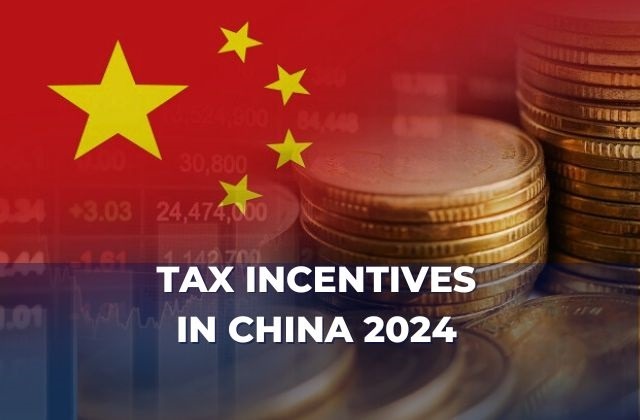
There’s a growing trend in the minds and wallets of Chinese consumers that has become almost integrated into their way of life and that is their reliance and fervent use of e-commerce sales channels. Today more than ever, China’s consumption landscape is being shifted away from offline verticals to the online domains of “New Retail” as e-commerce sales channels continue to offer more effective and feasible purchasing outlets for the average Chinese consumer.
Navigating the myriad of options and channels in China’s digital wonderland can prove to be a challenge of its own and in light of this we’ve put together a roadmap to help you choose the best e-commerce platform for your business.
***********
Over 60% of Chinas’ population are active buyers in their domestic e-commerce market which generated roughly 1 trillion dollars in revenue last year. These figures have earmarked China as an e-commerce superpower the likes of which the world has yet to see. According to Statista.com, both yearly footfall and user penetration rates in China’s e-commerce market are growing steadily, in spite of the persistence of the coronavirus.
The good news is that this mammoth marketplace is keen to integrate with international enterprises/merchants and encourages them to participate. Alibaba’s Tmall platform already serves 77 countries, covering over 4000 product categories and is considered as one of the more effective B2C channels for China market-entry.
Tmall is the biggest B2C portal in China and the most popular across Asia as a whole and thus a logical entry point for any brand seeking to dip its foot in the waters of the Chinese economy. The real question then that companies ought to be considering is which of Tmall’s two platforms should they sell on: Tmall Local or Tmall Global?

The online shopping malls on the other side of China’s firewall
Tmall local (Tmall.com) is suitable for businesses with an official registered address in China, a merchant trading license, chops, a store or a warehouse and a registered capital of at least 1 million RMB (in other words, any businesses possessing a legal entity in Mainland China).
Alternatively, Tmall Global saves companies time and effort that come with managing and arranging a business set up in China, so worldwide firms can launch a cross-border online store instead, with equal reach to Chinese audiences. It’s for this purpose precisely that Tmall Global operates an English website, where you can find a breakdown and comparison of the different options available as well as some guidance on how to take the first steps in their application process.
As it is becoming an increasingly popular channel among international B2C companies, PTL Group operates a dedicated store on Tmall Global, offering global health & wellness brands facilitated access to the millions of Chinese digital buyers. Read more on our e-commerce services in China.
How much does it cost?

These e-commerce platforms provide companies with the opportunity to hop over Chinas’ firewall and land their products directly in the laps of their target audience, and for that reason they serve as extremely effective sales channels. In order to encourage investment in online sales channels, Alibaba has offered subsidies and other support policies to international businesses looking to set up online stores in their different platforms.
There’s a New Normal at large in China. It is growing day by day and it is most certainly here to stay. Now is the time to accelerate your e-commerce plans to be suitably placed for the return to normal business proceedings.
Should you wish to find out more or discuss any of the various options available to you – please contact us and together we will tailor a plan specifically to your needs.
Always at your service,
PTL Group



